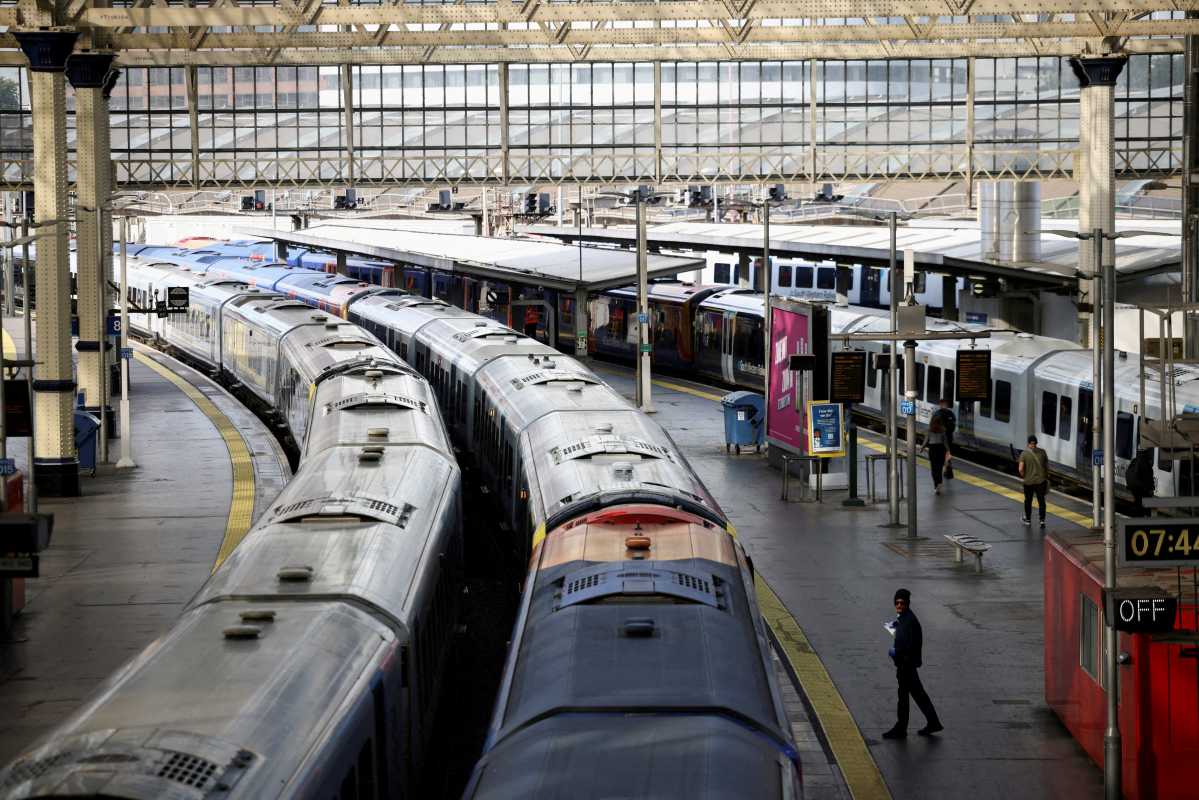News
Train Strikes Disrupt Rail Services Across England

Train services across England are set to face significant disruptions as train drivers belonging to the Aslef union have scheduled a week-long series of rolling strikes from late January. The strike, scheduled between Tuesday, January 30 and Monday, February 5, is part of an ongoing pay dispute between the drivers and train operators.
During the strike period, drivers will not participate in any overtime work, impacting the network’s services that rely on rest day working. The decision to continue the strikes comes after similar strike actions occurred in December, adding to the 14 days of nationwide stoppages over the past 18 months.
Mick Whelan, the General Secretary of Aslef, expressed disappointment in the government’s lack of engagement, stating that no contact had been made with the Department for Transport (DfT) for a year. Furthermore, Whelan highlighted the drivers’ frustration of not receiving a pay increase for five years despite the rising cost of living and inflation.
The strikes are expected to cause widespread disruption, with all affected operators likely to experience a complete halt in train services. Although the option exists for train companies to demand 40% of their timetable to run under the government’s new minimum service levels law, it is reported that none of the operators plan to utilize these powers during the upcoming strikes. Concerns have been raised by both rail firms and unions regarding the practicalities and consequences of this new legislation.
A spokesperson for the Rail Delivery Group defended the train operators’ position, emphasizing that strikes have negative implications for lives and livelihoods at a time when taxpayers contribute an additional £54m each week to maintain post-Covid services. The offer made to drivers, reaching nearly £65,000 for a four-day week without overtime, was deemed fair and reasonable.
The Department for Transport expressed disappointment in Aslef’s continuous strikes while refusing to present a fair and reasonable offer to its members. They urged the Aslef leadership to respect their members’ autonomy and allow them to decide their own future.
The strikes are scheduled to affect various train operators on different days. Southeastern, Southern/Gatwick Express, Great Northern, Thameslink, and South Western Railway will experience strikes on Tuesday, January 30. Meanwhile, Northern Trains and TransPennine Express will be impacted on Wednesday, January 31. Greater Anglia, C2C, and LNER will face strikes on Friday, February 2. On Saturday, February 3, West Midlands Trains, Avanti West Coast, and East Midlands Railway will be affected, and Great Western, CrossCountry, and Chiltern will experience strikes on Monday, February 5.
The overtime ban will begin from Monday, January 29 and continue until Tuesday, February 6, impacting all train operators. While the strikes will only affect companies contracted to the Department for Transport in England, some cross-border services operating into Scotland and Wales may also be impacted.












